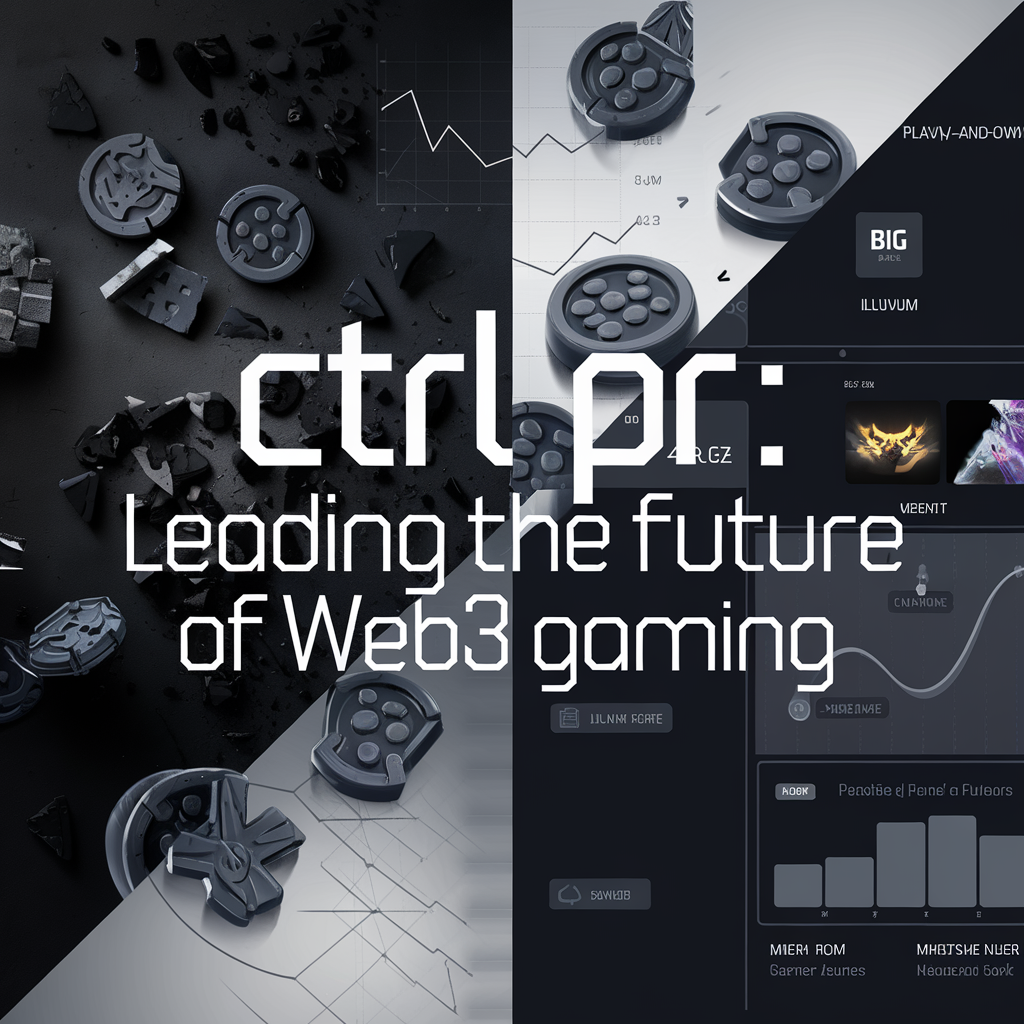The Brutal Reality of Play-to-Earn’s Collapse
When Axie Infinity reached its peak in 2021, investors and gamers alike believed they’d discovered digital gold. The promise was intoxicating: play games, earn real money, and participate in a digital economy revolution. Reality, however, had other plans. By early 2023, the play-to-earn bubble burst spectacularly, with Axie’s daily active users plummeting from 2.7 million to less than 100,000. The game’s native token lost 98% of its value, wiping out billions in player investments and shattering dreams of sustainable digital income.
The collapse wasn’t limited to Axie. Projects like STEPN, once valued at over $1 billion, saw their user base evaporate from 800,000 to barely 15,000 active users. Pegaxy, another promising contender, lost 99.9% of its players. These weren’t just statistics – they represented real people who lost significant investments and, in many cases, their primary source of income.
Understanding the Fundamental Flaws
The problem ran deeper than market volatility. Play-to-earn games operated on what we now recognize as fundamentally flawed economic models. New players had to buy in at increasingly higher prices to provide returns for earlier participants. When user growth inevitably slowed, the economies collapsed like houses of cards.
At CTRL PR, we witnessed this firsthand through our clients. One major gaming guild we worked with shared devastating data: the average time to achieve return on investment increased from 9 days to 265 days. Scholar programs, which once supported thousands of players, saw a 92% reduction in participation. Guild investments, the backbone of many play-to-earn ecosystems, dropped by 96% in 2023.

The Quality Deficit That Doomed Play-to-Earn
Perhaps the most damning evidence came from player surveys. Our client’s research revealed that 87% of players admitted they wouldn’t touch these games without financial incentives. The games simply weren’t fun. Developers had prioritized complex tokenomics over engaging gameplay, creating digital work programs rather than entertainment experiences.
The Rise of Play-and-Own: A New Paradigm
From these ashes, a more sustainable model emerged. Play-and-own games prioritize what should have been obvious from the start: gameplay must come first. This new generation of Web3 games treats digital ownership as an enhancement to the gaming experience, not its primary purpose.
Case Studies in Success
Illuvium represents this new approach perfectly. With 150,000 beta players and a remarkable 68% retention rate, it demonstrates what happens when you combine AAA-quality gameplay with optional Web3 integration. Players engage with the game because they enjoy it, with digital ownership serving as an additional layer of value rather than the primary motivation.
| Illuvium Metrics | Results |
|---|---|
| Beta Players | 150,000 |
| Retention Rate | 68% |
| NFT Volume | $42M |
| Dev Budget | $100M |
Similarly, Big Time has attracted over 80,000 active players with average session times exceeding 2.3 hours – metrics that rival traditional gaming successes. Their focus on cosmetic NFTs and skill-based gameplay proves that Web3 elements can enhance rather than dominate the gaming experience.
Building Sustainable Web3 Games
The key to success in this new era lies in three fundamental principles:
First, gameplay must be engaging without any Web3 elements. The core loop needs to captivate players regardless of token prices or NFT values. This means investing in professional game design, quality graphics, and regular content updates.
Second, Web3 integration should be optional and enhancement-focused. Players should be able to enjoy the full game without touching blockchain elements, but those who choose to engage with Web3 features should find genuine value in doing so.
Third, economic models must be sustainable from day one. This means moving away from token-centric revenue models toward traditional gaming monetization strategies enhanced by blockchain technology.
must read-The VC Vultures: Protecting Your Startup’s Vision When the Money Rolls In
The Role of Strategic Communication
At CTRL PR, we’ve adapted our approach to match this new reality. Our team of 9 specialists has successfully guided over 299 clients through the evolving Web3 gaming landscape. We understand that communication strategy must evolve with the industry.

A New Framework for Success
Our experience with 98+ successful campaigns has taught us that effective Web3 gaming communication requires a three-phase approach:
Pre-Launch Development
We focus on building authentic communities around gameplay first, with Web3 elements as a secondary narrative. This includes coordinated media relationships, targeted influencer partnerships, and clear technical documentation that emphasizes game mechanics over tokenomics.
Launch Management
Our crisis prevention protocols and community engagement strategies ensure smooth launches focused on player experience rather than token prices. We maintain consistent communication channels and track key performance metrics beyond just financial indicators.
Sustained Growth
Post-launch support includes regular updates focusing on gameplay improvements, community management that emphasizes player enjoyment, and media relations that highlight genuine innovation rather than speculative potential.
Looking Forward: The Future of Web3 Gaming
The industry’s future lies in meaningful integration with traditional gaming experiences. We’re seeing promising developments in cross-game asset compatibility, AI-enhanced gameplay mechanics, and mobile-first development approaches. However, projects must remain vigilant against falling back into old habits.
Our Commitment to Your Success
As Berlin’s leading Web3 PR agency, we offer comprehensive support for gaming projects ready to embrace this new paradigm. Our services include:
- Strategic messaging development focusing on gameplay value
- Gaming community management emphasizing player engagement
- Crisis prevention and handling
- Media relations and coverage
- Influencer partnership management
Take the Next Step
Ready to build a sustainable Web3 gaming project? Contact us for a free consultation to discuss how we can help you navigate this evolved landscape:

